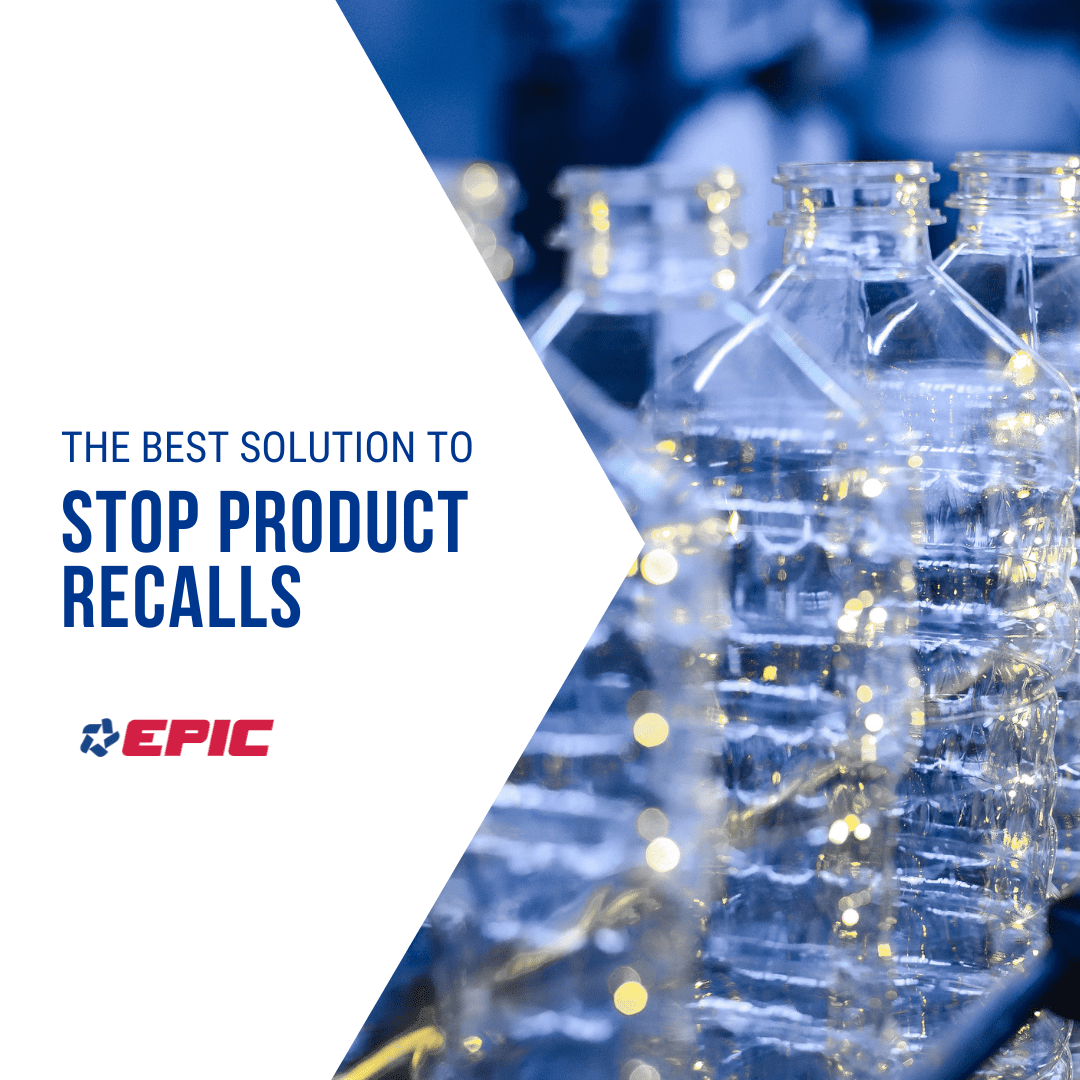“If it’s not right, they send it back,” said the CEO of a food manufacturer. Mass retailers are rejecting mislabeled products now more than ever before. And they don’t just send the pallet back, they can reject the whole truck! This is all part of a vigorous process to ensure the safety of perishable goods and avoid a product recall.
On average, the amount of product recalls exceed 1.5 million units, according to [insert name]. This is up over 400%!
The number of consumer product recalls has climbed steadily over the last decade, but in 2022 the trend accelerated. Recalls jumped 60% in the first quarter of 2022 alone.
Almost Half of Product Recalls Are Avoidable
While the FDA can issue recalls for many reasons — such as cross-contamination, pathogens, and other physical contamination — statistics show that 43% of recalls occur due to mislabeled products.
For retailers, it’s all about safety. Eight foods included in food allergy labeling account for 90% of all allergic reactions.
Food and beverage manufacturers are rising to the problem. It is becoming increasingly common for companies to issue recalls themselves. This is likely due to the Food Safety Modernization Act (FSMA) that was passed in 2011. The FSMA gave the FDA more authority to enforce stricter quality and recall-related penalties on manufacturers nationwide. With companies feeling the pressure of the FDA, there are more precautionary recalls than ever before.
Having your products recalled due to mislabeling is not only costly, it’s avoidable!
Product Recalls Hurt the Brand and Consumer Confidence
The after-effects of a product recall are vast:
- On average, a product recall costs $10M in direct costs
- 55% of consumers switch brands
- 15% of consumers stop buying recalled products altogether
- Unannounced FDA audit. (You’re on their radar.)
- Permanently damaged brand reputation
Damaged brand reputation is potentially the most harmful to offending firms, but is also the most difficult to quantify in dollars. The lasting effects of a recall on brand reputation can reach up to $100-200M in indirect costs to an organization.
Avoid Product Recalls with High Speed Machine Vision Inspection
Enforcing strict product quality standards to avoid contaminants is key to avoiding future product recalls. One of the best ways to cover all these bases is to implement a Machine Vision Inspection System.
A machine vision system is a set of industrial cameras, lenses, lighting, and controls that automates visual inspection of manufactured products.
High-speed, high-volume products — especially on a food and beverage manufacturing line — can be challenging to inspect manually, with a sizable margin for error between each inspection. Machine vision systems can inspect codes, labels, artwork, defects, contaminants, and other product irregularities at speeds of up to 2,000 parts-per-minute. This enables manufacturers to automate inspection of every product that leaves their facility — with a failure rate of less than 0.003%.
After each product is inspected, the data is collected and processed via the integrated controls system. If an error is detected, the system will automatically shut down the line before more flawed products are run.
Not only does this greatly improve product traceability, it also massively reduces the risk of a recall. Machine vision systems provide manufacturers the ability to run higher volumes, more accurately, without the need for manual inspection.
Would you like to discover how a machine vision system will work in your business? Request a demo.
